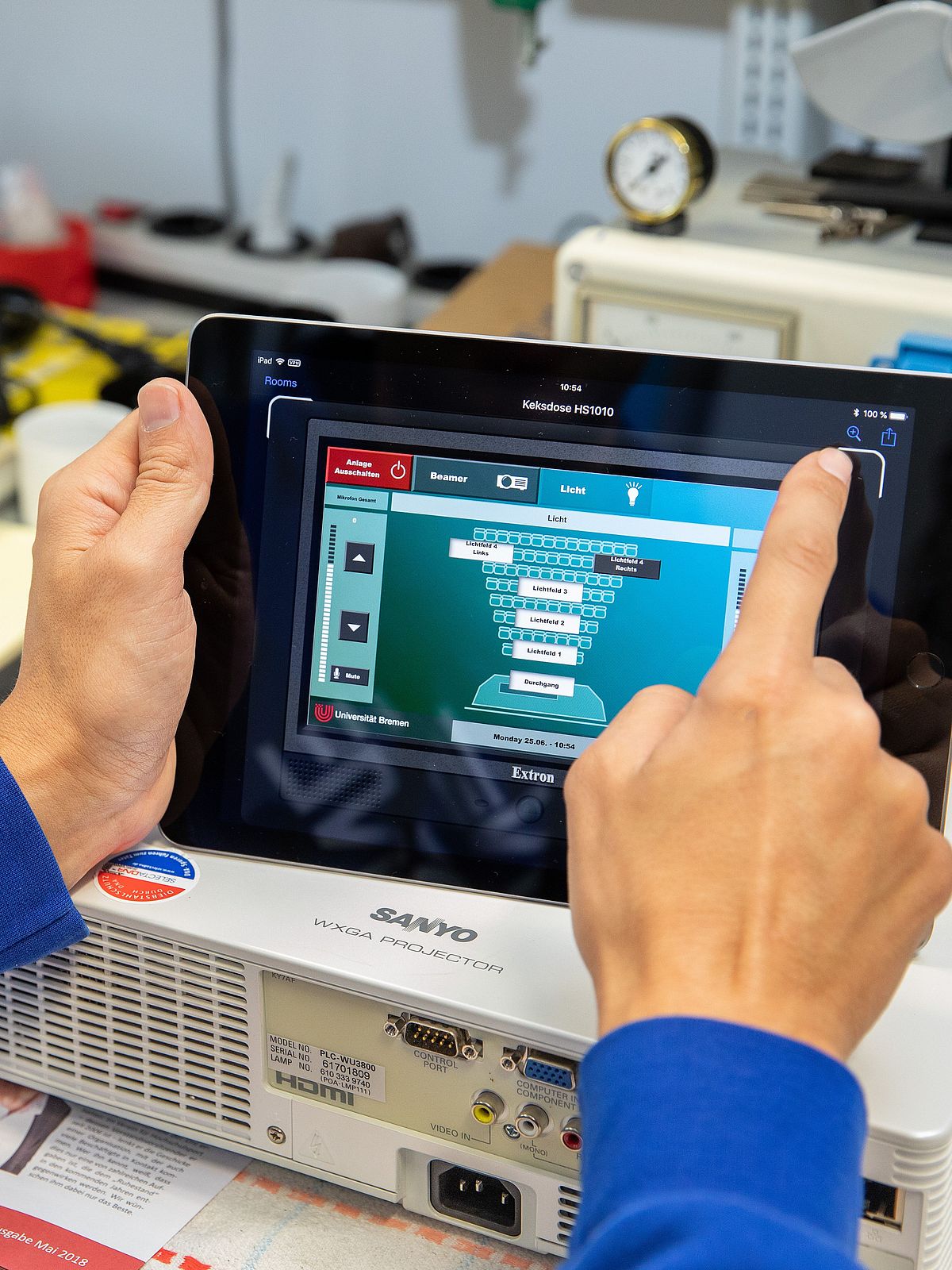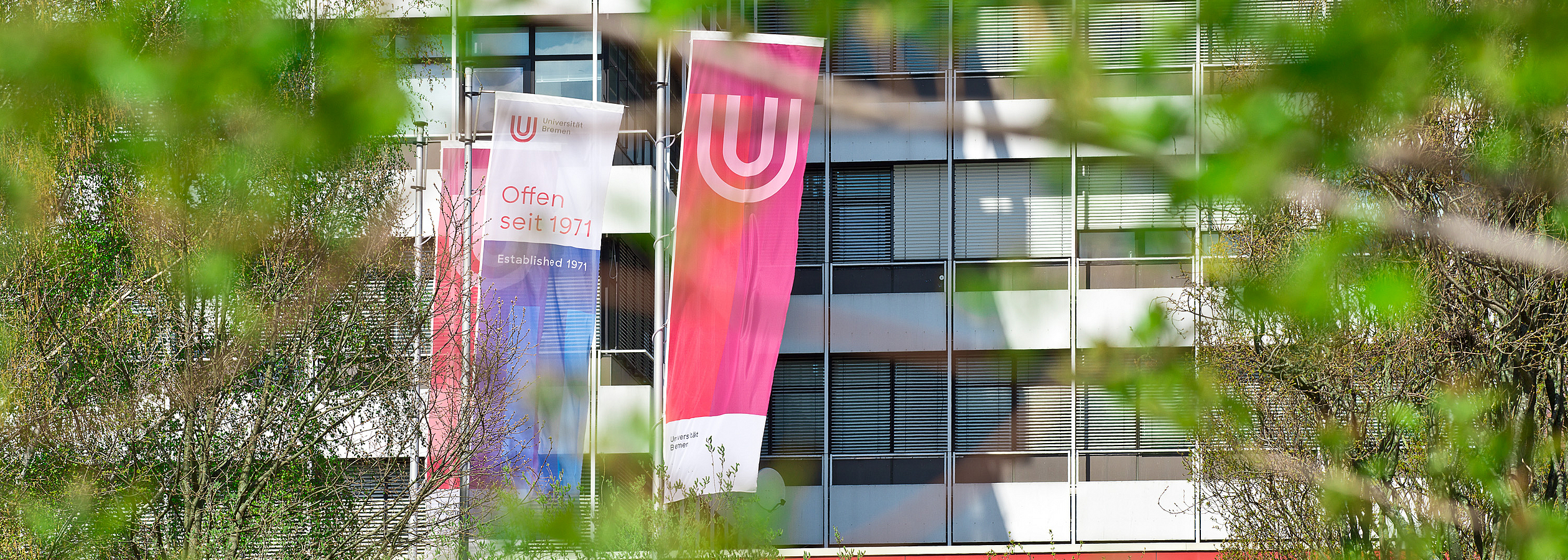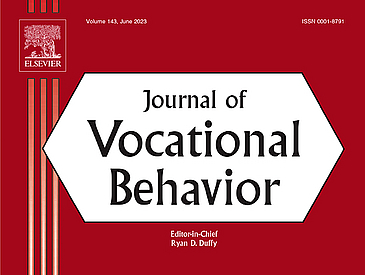After a long and intensive peer-review process, the article "Active learning, active shaping, or both? A cross-lagged panel analysis of reciprocal effects between work design and informal workplace learning, and the mediating role of job crafting" has been accepted for publication in the prestigious Journal of Vocational Behavior (IF= 12.082). Dr. Julian Decius and his co-authors found that informal learning can also influence working conditions – which was previously assumed to be exclusively in the opposite direction – and that this effect is partly mediated by job crafting. Furthermore, it was confirmed that informal learning and job crafting are largely distinct constructs. Other contributors to the publication were Professor Dr. Niclas Schaper (Paderborn University), Dr. Katharina Klug (University of Bremen) and Dr. Andreas Seifert (Paderborn University).
Field of work Organizational Psychology

© Lukas Klose
Dr. Julian Decius
Contact:
WiWi1, Room A2390
Enrique-Schmidt-Str. 1
28359 Bremen
Phone: +49 421 218 66590
E-mail:
julian.deciusprotect me ?!uni-bremenprotect me ?!.de

© Alasdair Jardine/Universität Bremen
New Work requires New Learning
This topic is dedicated to the question of how employees in dynamic work environments can be empowered to learn "what they really, really want" in a self-directed way. The "Learning Opportunities Perception Potential", which helps employees to grasp learning opportunities, is considered crucial here.






